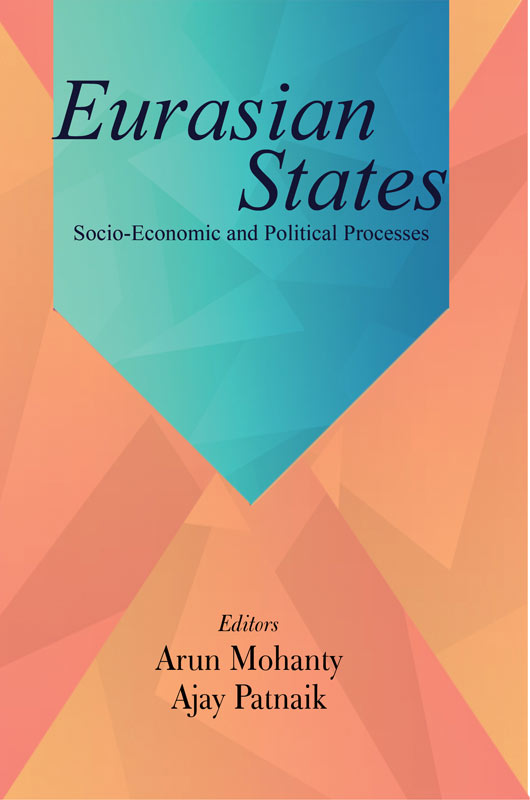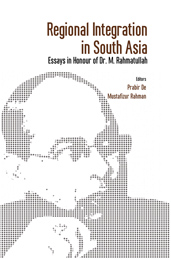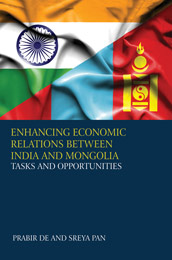Subjects
Recent View(s)
- Pakistan and Afghanistan: The (in)stability Factor in India’s Neighbourhood
- China, India and the Future of International Society
- Eurasian States: Socio-Economic and Political Processes
- International Security and Peacebuilding Africa, The Middle East, And Europe
- Major Powers and the Korean Peninsula: Politics, Policies and Perspectives
- Stirring of the Soul: Selection of Poems
- Political Faultlines in the Middle East
- BALOCHISTAN in the Crosshairs of History
- Contiguity, Connectivity and Access <br> The Importance of the Bay of Bengal Region in Indian Foreign Policy
- Politics of Change in Middle East and North Africa since Arab Spring A Lost Decade?
- Asian Defence Review 2022 <br> Diplomacy in Turmoil: A Year of Turbulence
- The Contribution of The Jubbulpore Mutiny to India’s Freedom: Did the INA also have a Role?
- Kargil Review Committee Report and Indian Media-Military Relationship: Journey and Impact
- Geopolitical Shifts and Opportunities: New Horizons in India-Southeast Asia Relations
- India and Rok Partners of Strategic Trust in the Indo-Pacific
- DHANBAD: The Economics of Coal-The Mafia
- Indian Parliament Shaping of Foreign Policy
- Empires of The Mind: International Society and the Search for a New Order
- BANGLADESH 2025: The New Bastion of Islamic Terrorism
- Waiting Games: The Politics of Patience in Indo-Pacific Strategy
Eurasian States: Socio-Economic and Political Processes
Arun Mohanty and Ajay Patnaik
Eurasia, a region which essentially consists of the former Soviet republics, has always drawn international attention because of its geographical location, strategic significance and the presence of huge amounts of natural resources. This region has become an arena of sharp competition for influence between all the major powers in the world—the US, the European Union, China, Japan, India, Turkey, Iran, besides many others. The Eurasian states are about to complete the first 25 years of their independent existence and tumultuous transition. Each of the European states has chosen its own strategy for development as wells as its foreign policy priorities. While the democratic reforms in these countries have faced enormous problems, the economic transition from a state-controlled economy to a market one has been painful. There is no single model that can characterise the entire region in terms of its political and socio-economic transformation. The prevalence of ethnic tensions combined with frozen conflicts between many of the CIS countries has compounded the situation. The competing integration processes sponsored by the major powers have further exacerbated tensions in the former Soviet space.
While Russia, the major state in the region, is India’s special and privileged strategic partner, Central Asia falls in its extended neighbourhood, thus highlighting its significance in terms of India’s long-term interests. While the Western analyses of the developments in the region remain largely subjective and biased, India needs to develop its own perspective in order to best serve its interests, as developments in that part of the globe can have immense implications for New Delhi.
The volume discusses in depth, the political and economic developments as well as the issues related to the stability, security and integration of the region. Scholars from many foreign countries including Russia and other CIS countries as well as Indian experts from different universities have analysed issues such as inter-state relations, the role of external players, issues of socio-cultural developments as well as India’s bilateral relations with the member states of the CIS.


 Political Science
Political Science


